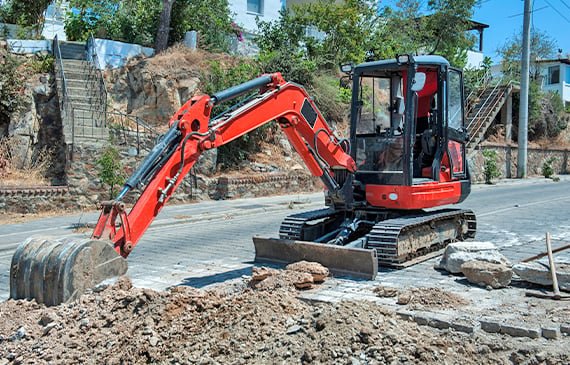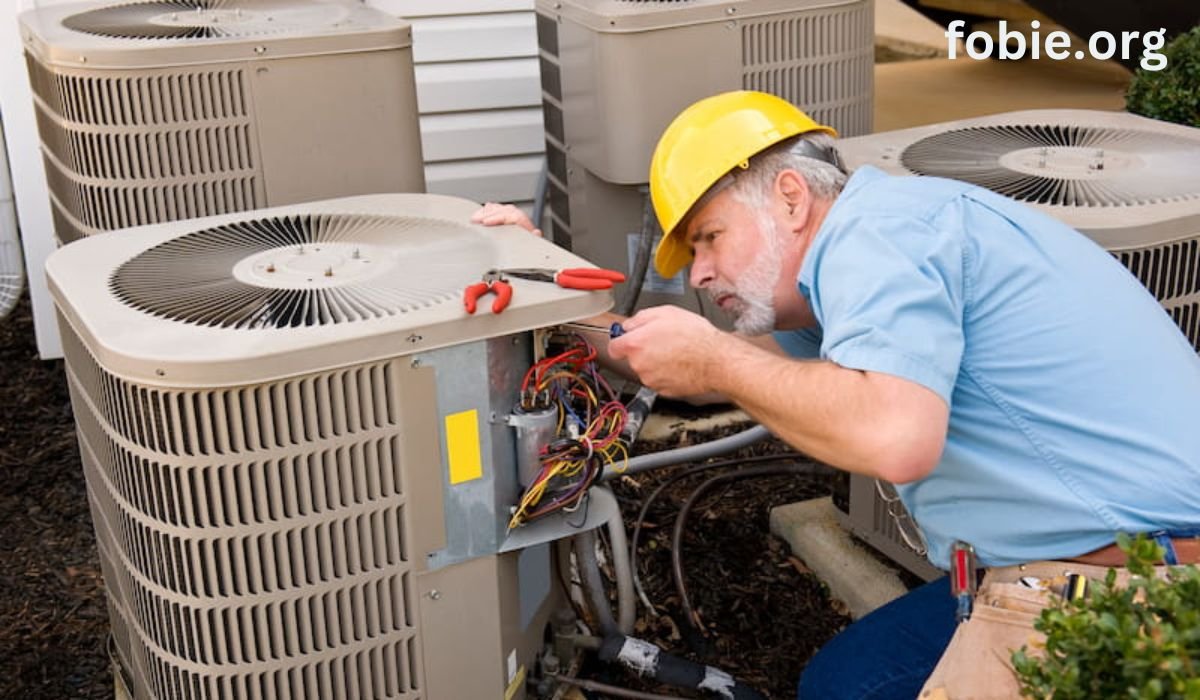If you’re in the market for a compact piece of heavy machinery, understanding how much to invest is crucial. Whether you’re a contractor, landscaper, or a homeowner tackling a sizable DIY project, knowing the right price range for a small excavator can save you from overspending or settling for less than you need. This guide will walk you through the factors influencing cost, different purchasing options, and tips for finding the best value on the market.
Understanding the Basics of Compact Excavators
Before diving into prices, it’s important to grasp what a small excavator offers. These versatile machines are designed for digging, trenching, and demolition in tight spaces where larger equipment can’t maneuver effectively. Their size makes them ideal for urban construction, landscaping, and agricultural tasks.
Unlike their larger counterparts, these machines prioritize agility and ease of transport, while still delivering enough power to handle various jobs. They typically weigh between 1 to 10 tons, depending on the model, and come with different attachments such as buckets, breakers, and augers.
Factors Affecting the Cost of a Compact Excavator
Several key elements influence how much you’ll pay for this type of equipment. Understanding these factors will help you gauge whether a listed price is fair or inflated.
Size and Operating Weight
One of the biggest determinants of price is the machine’s size and weight. Smaller models (under 2 tons) are generally less expensive because they have lower engine power and reduced digging capabilities. Larger machines that approach the upper end of the compact range come with more robust hydraulic systems and longer reach but cost significantly more.
Engine Power and Performance
Machines with higher horsepower and improved hydraulic performance command higher prices. If your project requires heavy-duty digging or lifting, investing in a model with greater power is essential but will add to the cost.
Brand and Model Reputation
Top manufacturers like Caterpillar, Bobcat, Kubota, and John Deere often price their equipment higher due to reliability, parts availability, and customer support. Lesser-known brands or off-brand models may come cheaper but could involve higher maintenance costs or shorter lifespans.
New vs. Used Equipment
New compact excavators come with warranties, the latest technology, and full manufacturer support. However, they come at a premium price. Buying used equipment can be a budget-friendly alternative, but it requires careful inspection to avoid hidden issues. The age, hours of operation, and condition of the machine greatly impact used pricing.
Additional Features and Attachments
Many machines offer optional extras like quick couplers, advanced control systems, air-conditioned cabs, and various attachments. These add-ons increase the purchase price but can improve efficiency and operator comfort.
Geographic Location and Market Demand
Prices can vary regionally due to transportation costs, local demand, and availability. Urban areas with high construction activity may see higher pricing, while rural markets may offer better deals.
Price Ranges to Expect for Compact Excavators
While costs fluctuate, here is a general breakdown of what you can expect to pay based on your options.
New Models
- Entry-Level Models (1-3 tons): $25,000 to $45,000
Ideal for light-duty tasks, these machines are perfect for landscaping, small residential projects, and minor excavation. Expect basic cabs and limited features. - Mid-Range Models (3-6 tons): $45,000 to $70,000
Suitable for more extensive construction and agricultural jobs, these offer better hydraulic systems, more power, and often improved operator comfort. - Heavy Compact Excavators (6-10 tons): $70,000 to $100,000+
For demanding projects requiring maximum digging depth, lifting capacity, and attachment versatility, these machines come with advanced features and durability.
Used Machines
- Smaller Used Units: $15,000 to $30,000
Older or higher-hour machines in this weight class can be found at affordable prices, but always factor in maintenance and potential repairs. - Mid-Weight Used Equipment: $30,000 to $55,000
These units balance performance and price, often coming from rental fleets or contractors upgrading their equipment. - Larger Used Compact Excavators: $55,000 to $80,000
Well-maintained models with moderate hours can be a cost-effective way to get higher capacity without paying new prices.
Leasing and Renting as Cost-Effective Alternatives
If you only need this equipment for a short-term project or want to avoid a large upfront investment, leasing or renting might be the right approach.
- Renting: Daily or weekly rental rates typically range from $250 to $500 per day depending on the model and region. This is ideal for quick jobs or testing out different machine sizes.
- Leasing: Long-term leases can spread costs over months or years, often with purchase options at the end. Leasing monthly payments vary but generally fall between $800 and $2,500, depending on machine size and lease terms.
Leasing or renting eliminates the burden of maintenance and resale but usually costs more over extended periods compared to outright purchase.
Tips for Getting the Best Deal on a Compact Excavator
When shopping for a small digger, keep these strategies in mind to maximize your investment:
1. Define Your Project Needs
Avoid overpaying by choosing a machine that matches your job requirements. Don’t buy a heavy-duty model if your tasks are light; conversely, avoid undersized equipment that will struggle and increase operating time.
2. Research Multiple Brands and Sellers
Check pricing from multiple dealers, private sellers, and online marketplaces. Compare warranty coverage, service availability, and customer reviews.
3. Inspect Used Machines Thoroughly
If buying secondhand, inspect engine hours, hydraulic hoses, undercarriage condition, and perform test drives. Hiring a qualified mechanic to evaluate the machine can prevent costly surprises.
4. Consider Total Cost of Ownership
Factor in fuel efficiency, maintenance costs, insurance, and potential resale value. Sometimes paying more upfront for a reliable brand reduces lifetime expenses.
5. Negotiate and Look for Seasonal Deals
End-of-year sales, trade shows, and slow seasons may offer discounts or financing deals. Don’t hesitate to negotiate on price or request added attachments at no extra charge.
Conclusion
Determining how much you should pay for a mini excavator depends on several variables, including machine size, power, brand, new vs. used status, and your project’s specific demands. Prices range widely—from as low as $15,000 for a used small model to over $100,000 for a new, top-of-the-line unit.
By understanding the cost factors and evaluating your needs carefully, you can find the right mini excavator that offers the best value and helps you complete your job efficiently. Whether you choose to buy, lease, or rent, thorough research and planning will ensure your investment works hard for you without breaking the bank.











